This premium content is exclusive to edie Members.
To find out more about edie Membership, please click below.
If you are an existing member, login here

Published every week, this series charts how businesses and sustainability professionals are working to achieve their ‘Mission Possible’ across the campaign’s five key pillars – energy, resources, infrastructure, mobility and sustainability leadership.
Across the UK and across the world, leading businesses, cities, states and regions are turning environmental ambitions into action. Here, we round up five positive sustainability stories from this week.
ENERGY: Global annual clean energy investment exceeds $2trn for the first time
The International Energy Agency (IEA) released its latest annual World Energy Investment report on Thursday (6 June), confirming that global energy system investment is set to exceed $3trn for the first time in 2024.
The majority of this funding, at least $2trn, will be invested in grid infrastructure, energy storage and low-carbon solutions including wind, solar, nuclear and electric vehicles (EVs).
China is set to account for the largest share of this investment, reaching an estimated $675bn. Europe and the US set to see investments of $370bn and $315bn. The IEA is calling for more concerted efforts to scale investment in emerging and developing economies beyond China.
Most of the $2trn is coming from companies not traditionally involved in fossil fuels. Oil and gas companies are likely to allocate just 4% of their capital spending collectively to clean energy.
RESOURCES: Alchemy celebrates six million repaired devices
The UN has named electronic and electrical waste, commonly called e-waste, as the world’s fastest-growing domestic waste stream. E-waste generation has increased by 82% since 2010 and less than one-quarter of this waste is documented as properly collected and recycled.
Some good news in this space comes from Alchemy, a Dublin-based firm specialising in repairing laptops, tablets, smartphones and other consumer tech. The business confirmed that it has, over a seven-year period, repaired six million devices.
Co-founder James Murdock said the milestone “is a testament to how businesses and consumers truly want to re-use and repair more, rather than simply throw things out.”
He noted that many businesses are taking the second-hand tech route not only to save on costs, but to contribute to the delivery of waste and carbon goals. Alchemy works with carbon accounting platform Greenly to communicate the emissions benefits of its devices to customers.
MOBILITY: Roadchef uses batteries to navigate EV bottlenecks
The UK Government has an ambition for the nation to host 300,000 public charging points for electric vehicles (EVs) by the end of the decade, up from 60,000 at present. Its key focus for public funding at present is on facilities across the motorway network.
Policymakers have repeatedly been told that improvements to grid infrastructure are a prerequisite for achieving this target. In the meantime, some businesses are implementing creative solutions to navigate grid bottlenecks.
Service station operator Roadchef is working with start-up Allye Energy to add battery energy storage systems (BESS) to two of its sites in grid-constrained locations ahead of the school summer holidays. The systems are notably made in the UK using second-life EV batteries.
The Allye Max BESS systems have a 300kWh capacity and a power output of up to 176kVA. They are optimized using machine learning and artificial intelligence (AI).
Roadchef’s head of EV implementation Paul Comer said: “Working with innovative and forward-thinking businesses such as Allye allows us to effectively invest in infrastructure and facilitate the EV transition drivers nationwide are looking to make.”
THE BUILT ENVIRONMENT: Arup seeks to allay fire risk concerns for timber buildings
Image: Engenuiti
The embodied emissions associated with buildings – those generated with the production and transportation of materials and components, plus construction – account for around 10% of global annual emissions.
By some estimates, substituting standard materials such as steel for timber frames could reduce emissions by 69%. But many constructors are deterred by concerns such as water exposure and fire risks, plus a lack of regulations designed to address these practicalities.
To allay the latter of these fears, Arup, a professional services giant to the built environment sector, has made its new internal guidance available publicly. The guidance is suitable for architects, developers, local authorities, insurance companies, project managers, property owners and other key points of contact across the value chain.
Projects that have utilised the guidance include Australia’s Galkangu Bendigo GovHub Building and British broadcaster Sky’s ‘Believe in Better’ building in West London (pictured above). It has been trialled on office, educational and residential buildings of a variety of heights, including some exceeding 50 metres.
Arup’s fire safety engineering lead Judith Schulz said: “As well as gaps in codes and regulations, there is also a lack of knowledge amongst much of the design and construction community when it comes to designing fire-safe timber buildings. This means the opportunities for more sustainable construction are not currently being realised.
“We hope this guide will contribute to accelerating a move away from carbon-intensive materials and contribute to a growth in fire-safe mass timber buildings, which offer great promise for reducing CO2 in low- to medium-rise buildings.”
SUSTAINABILITY LEADERSHIP: Luker Chocolate exceeds sustainable agriculture targets
Cocoa production is a significant driver of deforestation in West Africa, particularly in Ivory Coast. The clearance of trees has historically been cheap for farmers upfront, but reduced climate resilience and soil quality are sure to come back to bite.
The issue is less prevalent in Colombia, where chocolate manufacturer Luker procures its cocoa from. The B Corp-certified business, which produces chocolate exclusively for other businesses, recently confirmed that it exceeded a goal to protect 5,000 hectares of land from deforestation by 2027.
It has instead protected almost 12,000 hectares and now has its sights set on expanding protections to 15,000 hectares by 2027. Land is protected through involvement in agroforestry and sustainable land management schemes.
The company uses geo-referencing and satellite lot tracking technologies to monitor compliance with no-deforestation requirements.
Luker’s chief executive Camilo Romero: “Our past serves as the foundation for building an ever-more sustainable future. While we celebrate our achievements, we remain committed to continuous improvement, striving to do better for our communities, our planet, and future generations.”
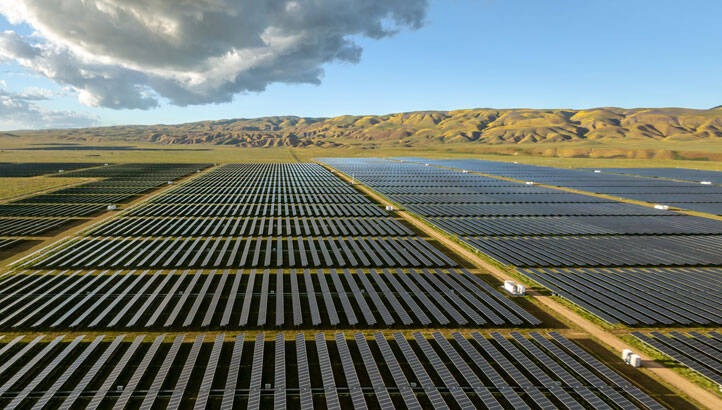
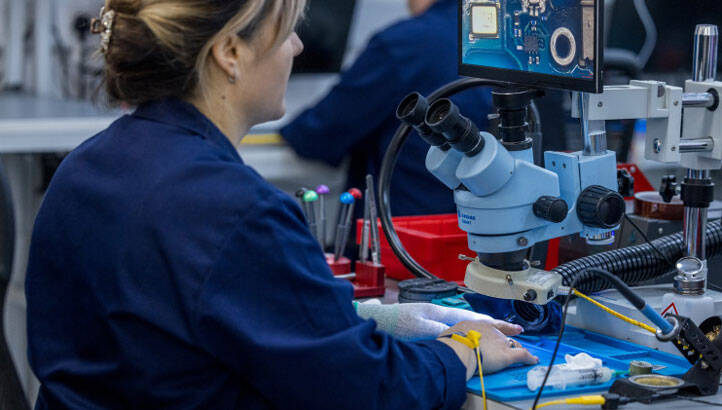
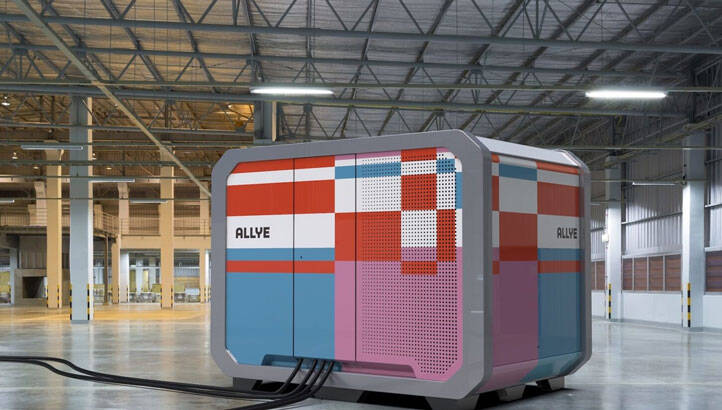
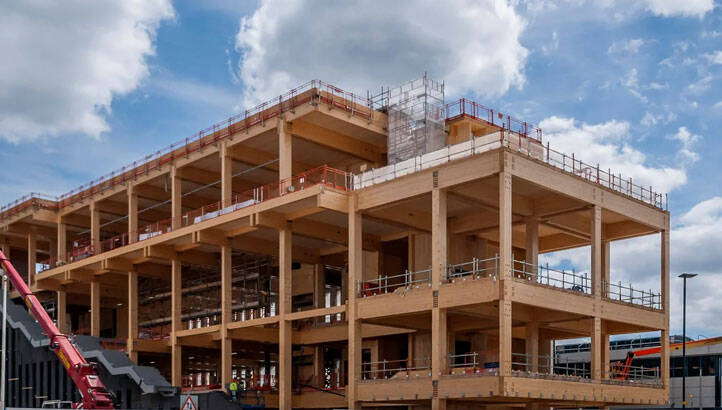
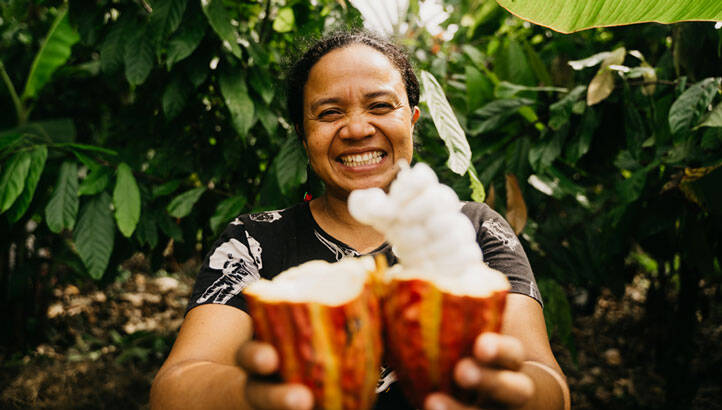


Please login or Register to leave a comment.